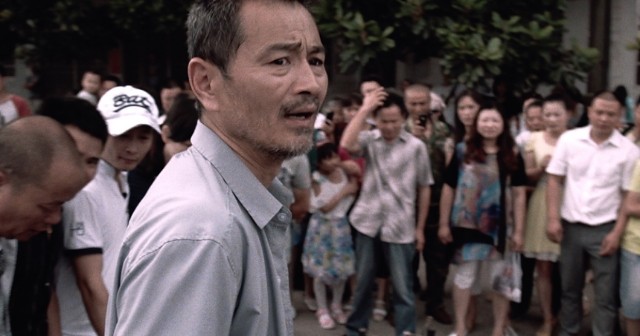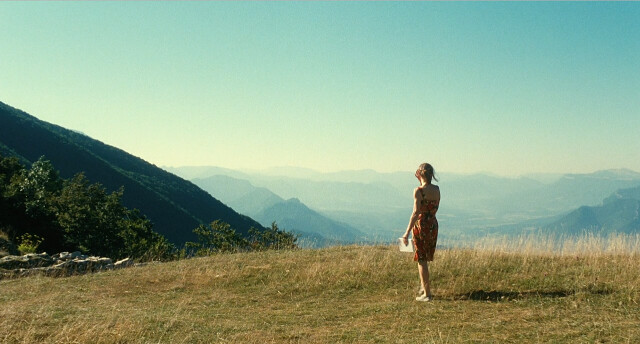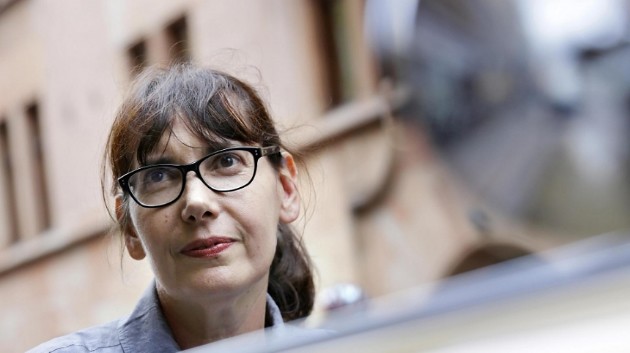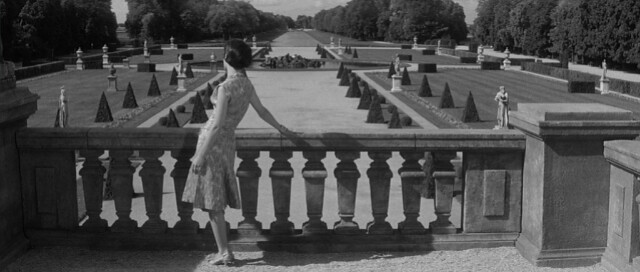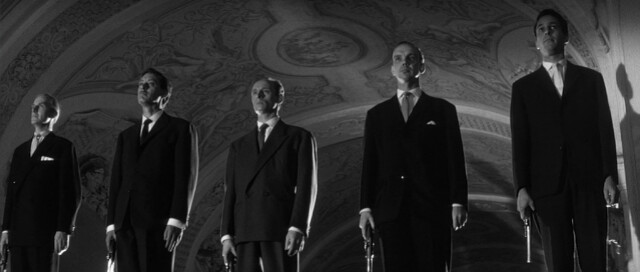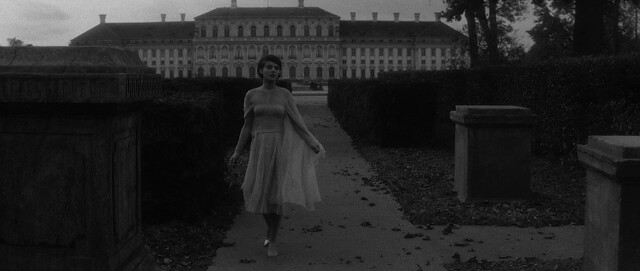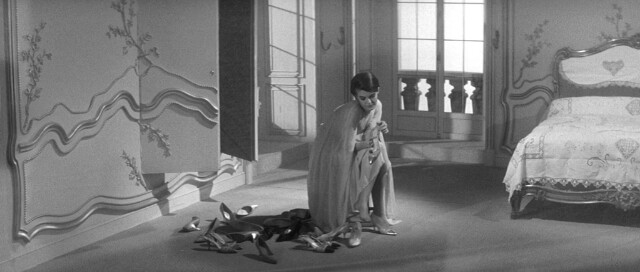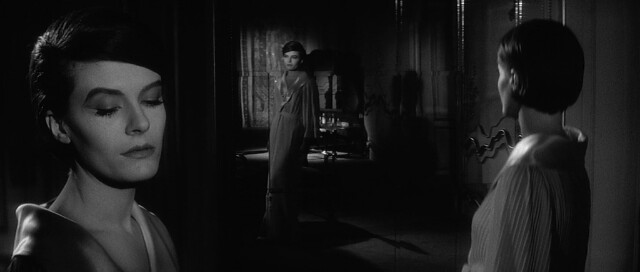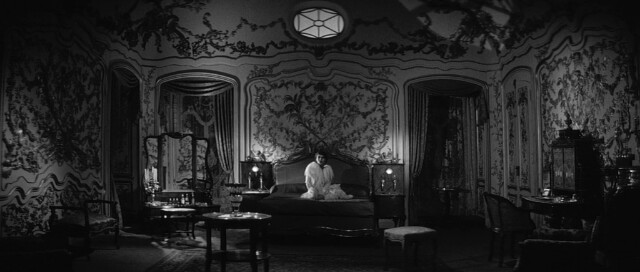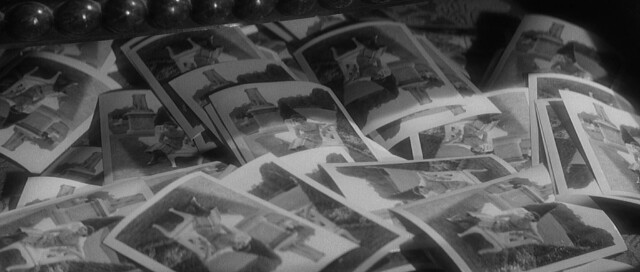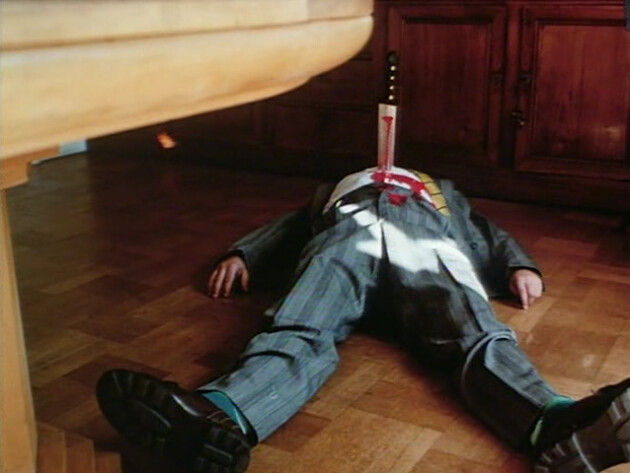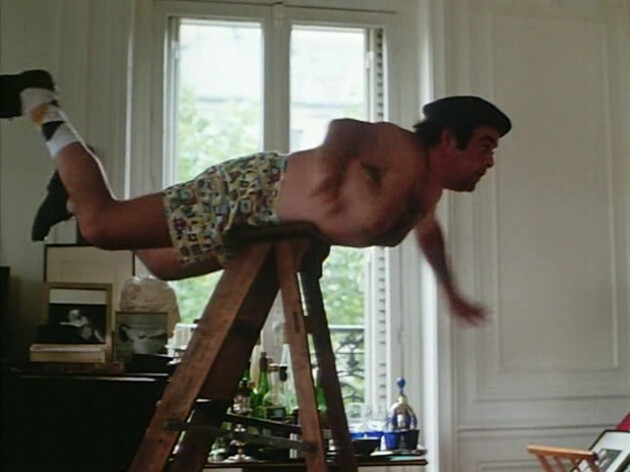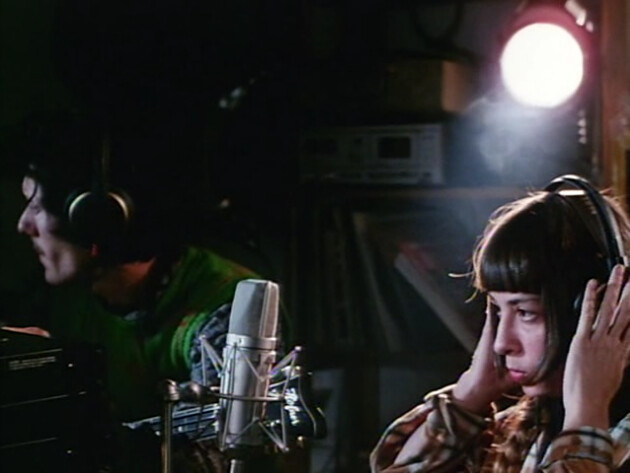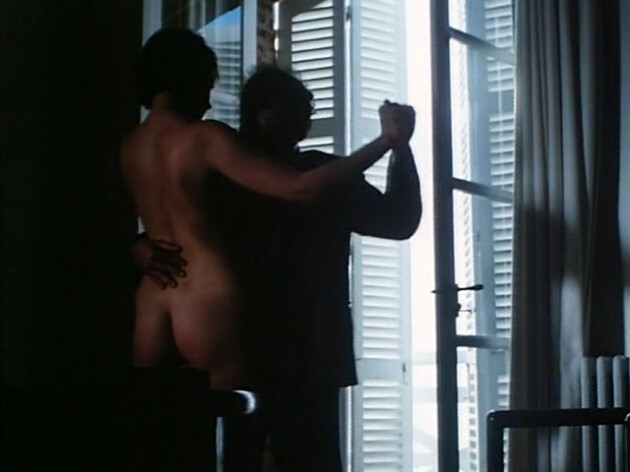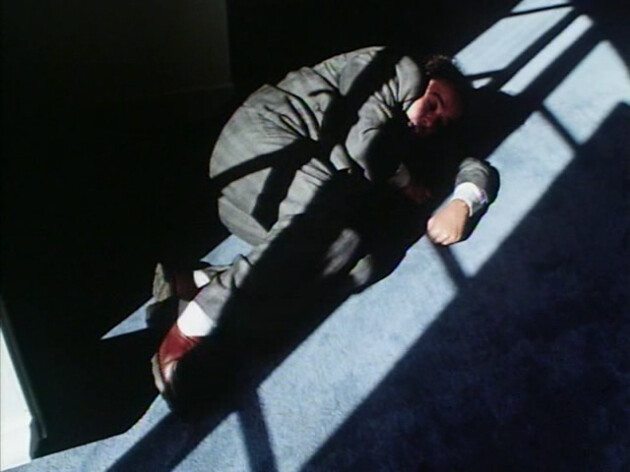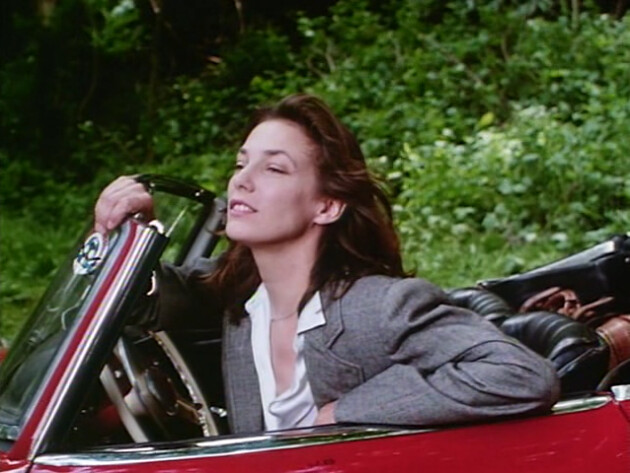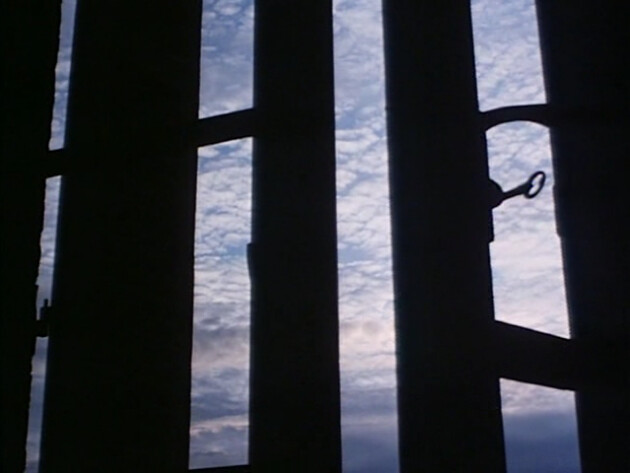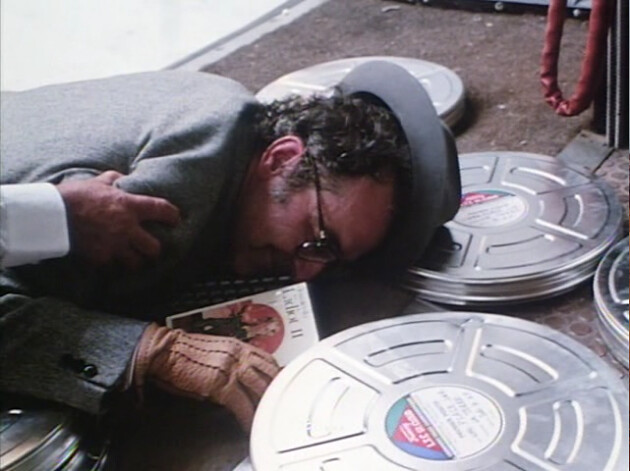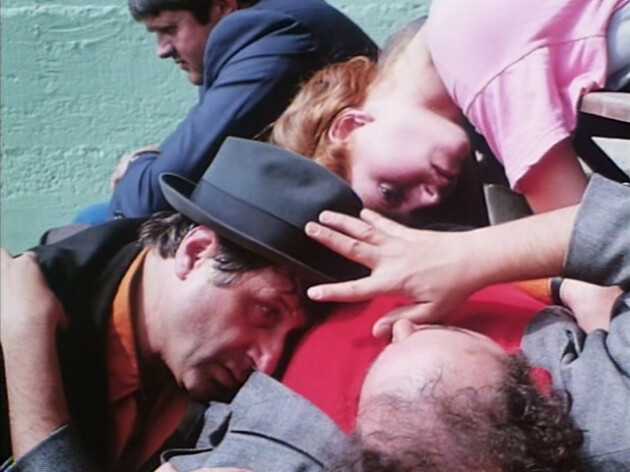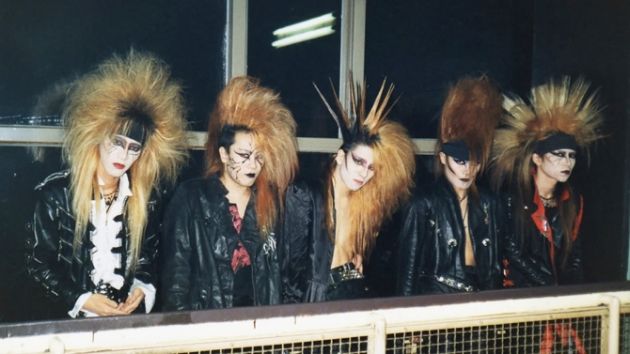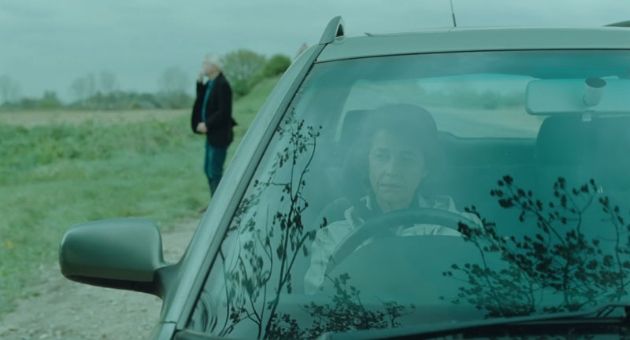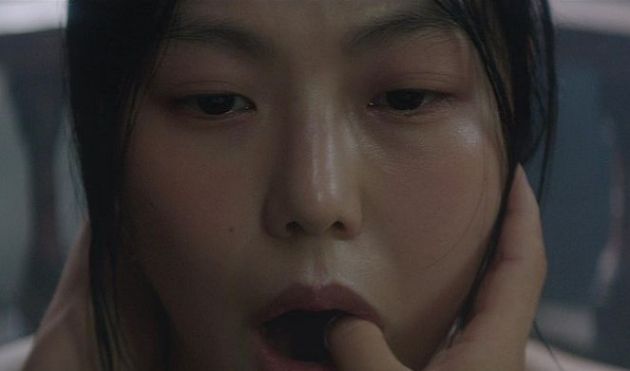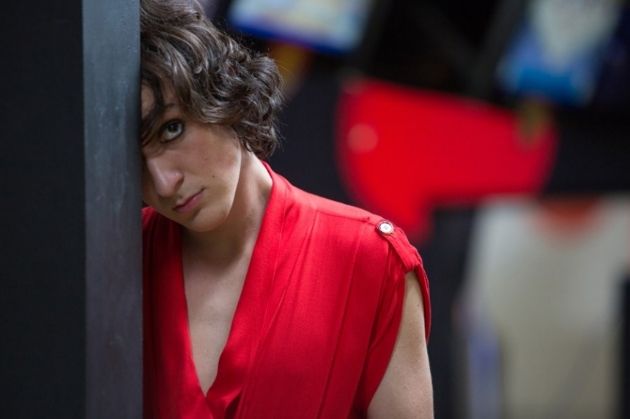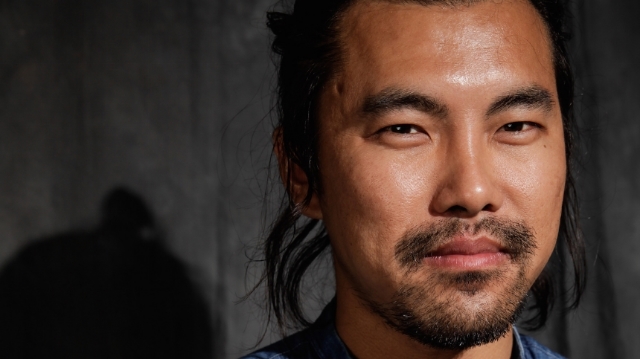
I had a privilege to talk to Johnny Ma, a Chinese-Canadian filmmaker, whose gritty, urban thriller Old Stone is seeing a North American release after gathering much accolades at Toronto and Berlin Film Festival this year. Hearing Ma's insight on shooting a low budget film in China was very interesting and valuable in understanding Chinese film industry. But my main takeaway from our conversation is that the gripping morality tale Ma tells in the film -- where no good deed goes unpunished, can take place not just in China but any society. Johnny Ma is a real deal and one to watch out for in the furture.
Old Stone opens 11/30 at New York's IFC Center. National rollout will follow.
Your last short film Grand Canal takes place in China, then you made your feature debut with Old Stone, also set in China. What made you to decide to shoot in China again?
I went to Columbia University for film. When I was making films there- I’ve made one in Australia, Brazil, the US, I think that I was just starting to figure out how I like to make films. I guess in some way, I felt that process I thought worth doing was working with real people and from real stories. If I was gonna do this correctly, I should go back to where I was born and make one there to really understand. If I wanted to go on this path, I thought I can do it as honest as I can there.
I also knew that if my short film Grand Canal was going to be successful, it would be a great opportunity to make a feature film in China as well. I was also looking forward to that challenge to shoot there.
And actually the project that I ended up taking to China was called Ten Thousand Happiness. It was a Sundance Lab project. But we had a lot of trouble getting financing when we got to China. As a script we got all the accolades you can imagine - Toronto International Film Festival, Sundance, etc. But in China, the film industry works very strangely, where the support for arthouse independent films are just the worst. Obviously they can't make money from them so there are no interests. Investors start out by asking if your film is going to be commercial films or arthouse film. If it’s anything other than commercial, they are not interested in speaking to you. For me that’s not a good place to start.
So it was very very difficult. Old Stone was originally written as a US film with Micheal Shannon in mind in Detroit. And it was supposed to be my second feature film. I wanted to take premise of the film away from China that the conversation wouldn’t be just about, ‘it only happens in China’. What drove me most was to show how a good person turns bad. I wanted the conversation to be about that than the actual environment, where the incident inspired the movie actually happened.
So we had to change it to China again because we couldn’t get the other film done. We didn’t choose big cities like Beijing or Shanghai, but a small town which is my producer’s hometown. That’s how we got it made with a small budget.
That’s a really interesting story. The moral dilemma of the main character is very dark. It reminded me of recent Lou Ye’s film Mystery. Then I found out that your producer Nai An is also the producer of Lou Ye’s films. She also plays the wife part in your film.
That’s correct.
Are there any other connections to Lou Ye and Chinese independent filmmaking scene?
Yeah, just by Nai An came on board. When I went to China, because of the industry and the state of business there, they didn’t give me much of a chance. Also I didn’t feel that I trust them because in a way I didn’t trust that they would put story first rather than business side of it. I had a list of names that I trusted and knew they would make great films, Nai An, Lou Ye, Jia Zhang-ke… I went down the list. Nai An, I showed her Grand Canal, I felt distinct connection to her because I used Suzhou River as a reference when I was making Grand Canal. Also I didn’t know about this, but the pop song in Grand Canal, she and Lou Ye did a music video for that particular song. There was almost serendipitous kind of conection there. So when she saw the film, she wanted to meet me right away.
The way she approached working with me was like, ‘ok what kind of filmmaker would you like to be?', 'what kind of film would you like to do?’ It wasn’t like 'what kind of project do you have and which one can make money?' It was more like 'how do you want to build a career you want?' It was an amazing collaboration.
I mean, in a way she helped us much more than what I possibly could ask her for. When we couldn’t find an actress, because we had such a small budget, to be paired with the main actor, and she took time away from here work as she was getting ready for Lou Ye’s production and she came for 4-5 days to shoot the film.
That’s amazing.
I owe her everything. Even the money we got, which was super super small, because of her, we were able to get. Investors didn’t trust us, but they trusted her.
You can correct me if I am wrong but many of Lou Ye’s films were banned in China.
Yes.
I am wondering whether you had any problems going through the censorship with the film since I does portray some unflattering side of Chinese society.
Unfortunately, I can’t talk so much about it because it’s a sensitive issue. But I will try to be as honest with you as I can. Yes, the short answer to that is absolutely. We had a very very difficult time with that. And I think having Nai An as our executive producer, for the fact that Lou Ye was banned making films for 5 years after Summer Palace, she gave us a very good insight to how to deal with them. But essentially she never said, “don’t do the film like this, because it will never get made.” but “do the film you want and we will deal with the rest. We will try to work with it after it is done. But still we had a very very difficult time with the censorship. We were no one, having Nai An onboard, it made us even more of a target. In hindsight it was a disadvantage having her onboard but I would never have done anything differently. But I think just the fact that the film is not made by someone controversial but the first time filmmaker, the fact it’s by a filmmaker is from the west also helped alleviate some of the problems.
Was it difficult shooting in China?
Yes, definitely it was difficult. Shooting an indie film in China is about ten times harder than in any country I’ve ever made a film in, including Brazil, Canada and US. I think the main thing about it is actually you feel so alone when you are doing it because especially in China these days, there are a lot of commercial prospects- you can do anything and you can make a lot more money there. So if you set out to do an small budget indie film with a sensitive subject, the reaction you get is, “don’t do that. why don’t you do something that will take in profit?” From most people’s point of view, it’s very easy to make money in media right now. 'So why don’t you do something like that?'
It takes a very stubborn and foolish mind to risk it all to do a film that nobody cares about and I think I give all the credits to my collaborators who went on this journey with me to believe that there is an important story to tell and it would make a good film. Anytime I get a chance to take my Chinese collaborators overseas, not just for them to experience it but also encourage others to support making bold films that when you make a bold film you will have a support. I think that was the biggest challenge to do something that was against the grain of how things are done up there.
The main actor Chen Gang is incredible in this film. How did you find him? And did you base this Old Stone character on anyone you know?
The biggest problem in Chinese film industry is the actors being treated like kings and queens, much more so than in US. We had a list of names on our plate, the actors we would like to approach. Even with Nai An, we couldn’t get the script over there. I always felt that if you have a strong script, and if they are a true artist, they will give it a chance. They can’t do it then they can’t. But I think industry setup over there is where it’s really tough to get scripts to the people. We had an actor who is not really anybody, he was in a Jia zhang-ke movie and he quoted us the half of our budget. So it’s really difficult.
I saw a couple of small things Chen Gang was in. He was always been a supporting actor. I think he mainly did TV. He was not a really well known actor at all. I always knew he was very good. But we couldn’t find him. We heard rumors that he retired and he was living in a small town somewhere. I had about four different cell phone numbers and none of them worked. A week and a half before we were supposed to start the production, we found him and I talked with him on the phone. He has this thing about flying. So I couldn’t have him to come over and meet me. So I had to tell him that he was going to be my main actor over skype. So we had conversations over Skype. I just had to go with my instinct and say you are the guy.
I would say it was not an easy process working with him. Even though he is an unknown actor but he is part of that system so there were things that he was used to in other productions that we couldn't offer him. But having Nai An and Wang Hongwei (who plays the captain of the taxi company) who was in a lot of Jia Zhangke movies, having them on board and being supportive helped us to work with Chen Gang.
I push my actors really hard. what you see on screen - half of it is acting and half of it is real. It was what really what Old Stone, Lao Shi was going through. He and I don't talk very much because he blames me for other things that went on the set. He hasn’t seen the film with an audience yet. I think he is magnificent.
He definitely has charisma. It’s an amazing performance.
Does the title Old Stone mean something?
Yeah. In Chinese, his name Lao Shi literally means Old Stone. But in Chinese, the double meaning of that, you call someone Lao Shi, it means too honest, too naive. Your last question about who this character was based on—
Right.
Actually when I was writing the character, I wanted to create a character that was a good man, you know from traditional China, like what other Chinese literature says, what a good person should be. And I went far back as Confucius to look at his writing on how a man should be. When people first read the script, they were asking me, ‘Does this person even exist in our society?' This is to Chen Gang’s credit to bring the humanism back in to the film. He really believed it. But I think that it also is the point of the film that he does not exist. At any point of the film, he could just not do it and just protect himself and his family. To me, if you judge Lao Shi, if you judge him for what he’s done, and you are angry at him, and when you look back one of two days later, I mean only thing he is guilty of is that he was trying to do a good thing, and if you judge him of that, then perhaps the way we are looking at the situation is wrong. So yes, creating a character like that was intentional.
Gotcha. So what’s next for you?
The original project I went to China for. I revised that. It’s a Sundance project and something very personal. It’s an elite family in Beijing, it deals with the modern age where collusion of everything that is happening in China. It’s about a family gathering of a Grandfather’s 80s birthday where he announces that he is getting a divorce. And that sort of shakes up the whole family. And we look at the new generations of families and they look at their situations - the whole relationships, marriage and love. So it’s about the culture of Beijing and modern society but also, it’s a story about how people look for happiness in the 21st century in China.
I see.
It’s a good subject for me to do. Because I am 34 now, not married and pretty cynical about the idea of marriage because of what I’ve seen in my parents and my grandparents. So for me, the film is about finding out if the marriage is right for myself.
So it’s called Ten Thousand Happiness.
Yes.
And it will be shot in Beijing?
Yes, Beijing or Tenjing. I think we are still looking at it right now. But it’ll be a very different type of film than Old Stone. Old Stone we did very quickly. In many was Old Stone was a rough, raw film. I think Ten Thousand Happiness would be in between Wedding Banquet and Edward Yang’s Yiyi. It would be a much slower paced and more selective kind of film.
